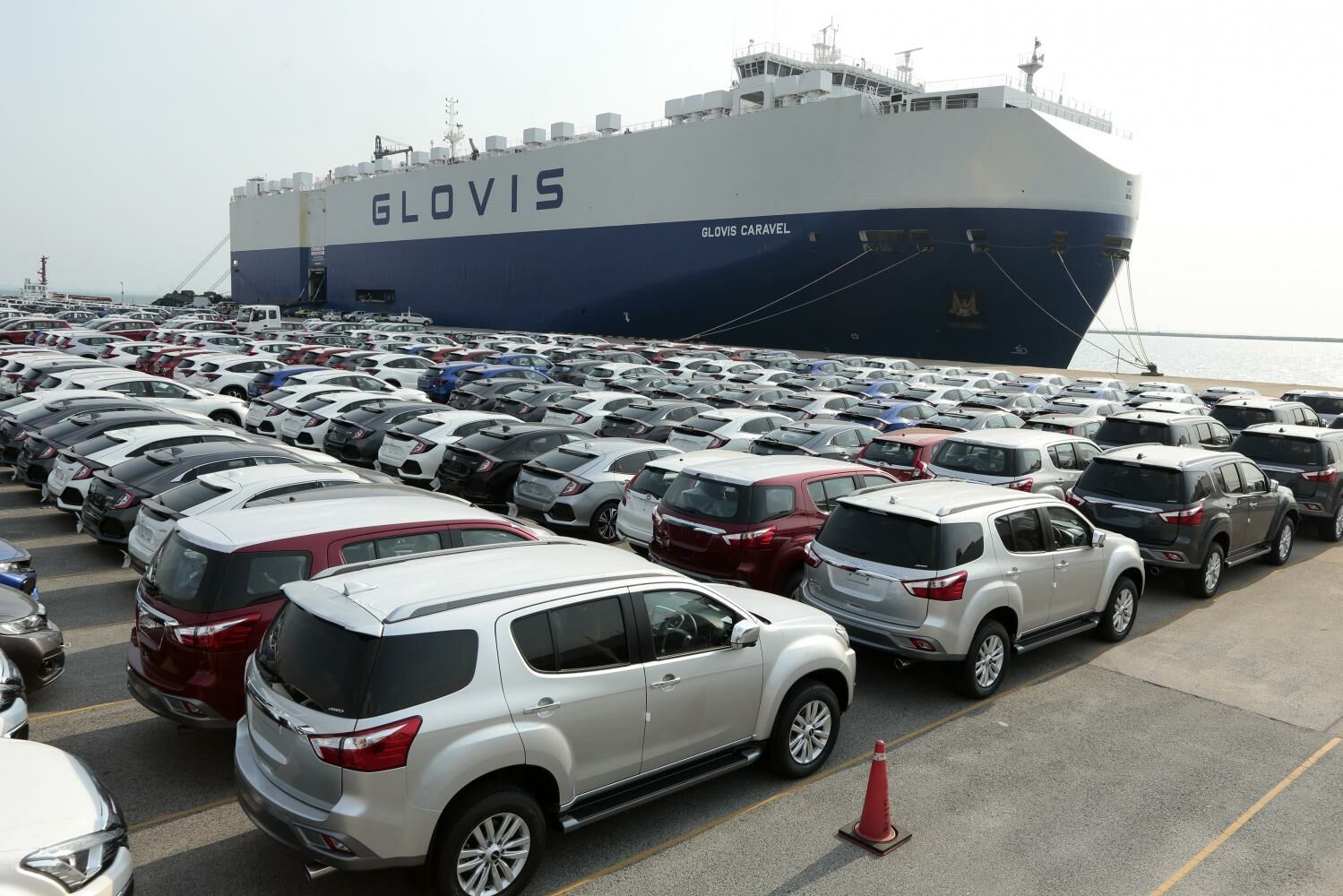Thai automotive industry urged to embrace sustainability

Emphasising the necessity for sustainability and clean energy, the Thai automotive industry is being encouraged to swiftly adapt to new global regulations. Furthermore, the industry is advised to utilise free trade agreements (FTAs) to enhance its competitive stance.
Following a meeting with the Thai Automotive Industry Association (TAIA) and the Automotive Industry Club of the Federation of Thai Industries (FTI) yesterday, January 14, Commerce Minister Phumtham Wechayachai expressed the government’s desire for all stakeholders to keep abreast of changes, adapt to evolving mechanisms, and establish a new equilibrium in light of the new global trade regulations centred on sustainability, clean energy, and rules of origin.
The minister assured that the ministry will continue to collaborate with the Agriculture and Cooperatives Ministry, Customs Department, and related Australian authorities to address concerns raised by the automotive industry, particularly those related to illegal grasses and dust contamination found in cars exported to Australia. These problems, he noted, are partially due to the geographical conditions in Laem Chabang.
Phumtham stressed the government’s commitment to addressing export challenges faced by the automotive sector, which ranks third in terms of revenue generation among Thai industries, thereby establishing it as a global hub for automobile production and export, reported Bangkok Post.
The TAIA’s president, Suwat Supakandechakul, expressed the association’s desire for the Commerce Ministry to promote the automotive industry through FTA negotiations. He explained that as the industry moves towards the development of future vehicles, particularly electric vehicles (EVs), these negotiations should encompass the shift towards EV production and export.
With Thailand being the 10th largest global automotive producer but lacking its own brand, Suwat underscored the need for FTA negotiations to be tailored to the needs of the Thai industry, including matters related to product origin. He further proposed the inclusion of the automotive industry in determining FTA conditions, given the industry’s significant contribution to the country’s export income.
Over recent years, preferential tax rates have greatly benefited Thailand’s automotive industry, particularly in key export markets such as ASEAN and Australia. In 2023, Thailand produced 1.9 million automobiles, exporting 1.15 million units and selling 750,000 domestically. Pickups accounted for 70% of the exported vehicles.
Despite a reduced production target for 2024, the FTI maintained the export volume at the previous year’s level. In 2023, vehicle exports generated US$25.1 billion, marking a 13% increase, with Australia being a significant market, as highlighted by the International Trade Promotion Department.
Latest Thailand News
Follow The Thaiger on Google News:


























